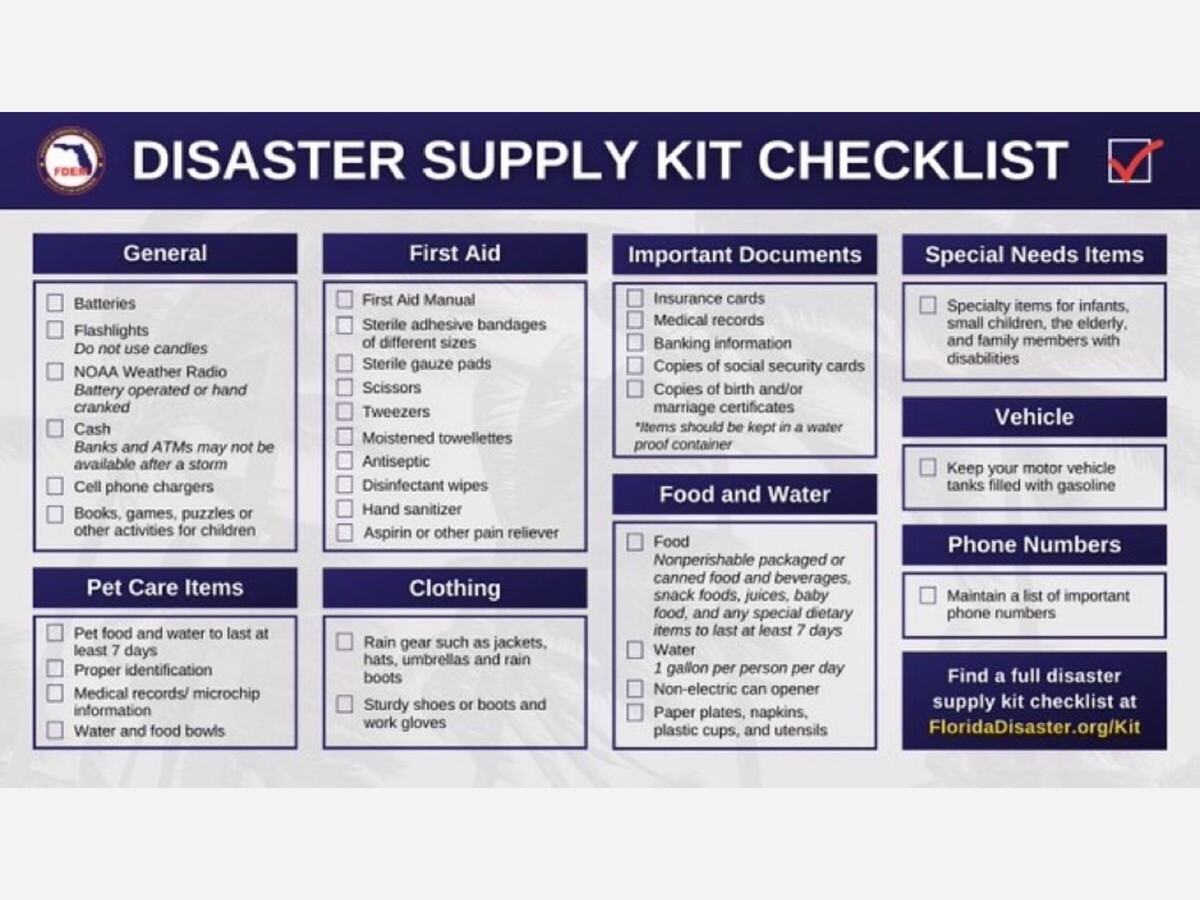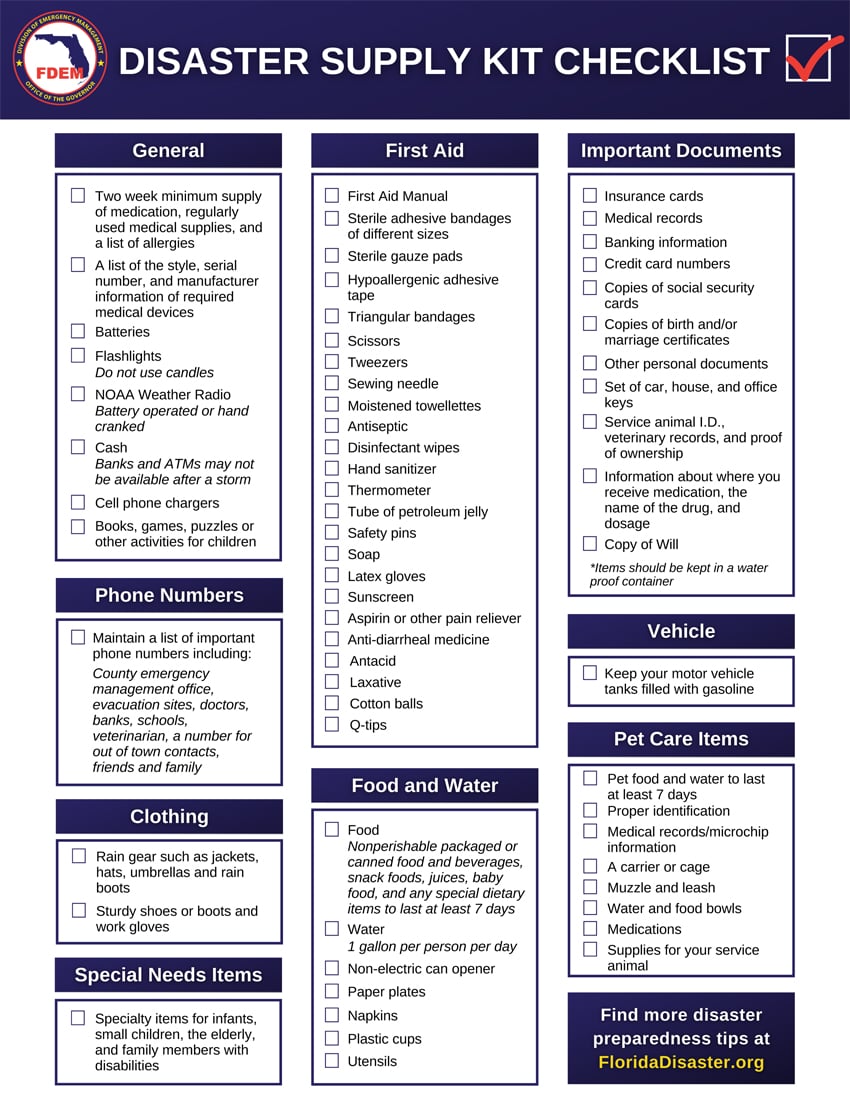Image

The Atlantic hurricane season typically runs from June 1st to November 30th each year. However, it's worth noting that hurricanes can occur outside of this timeframe, but they are less common. During the peak of the season, which is typically from late August to early October, the Atlantic Ocean sees the most activity in terms of hurricanes and tropical storms. It's important to stay informed and prepared during hurricane season if you live in a coastal area that could be affected by these storms.
Hurricane Preparedness: What You Need to Know to Stay Safe
Hurricanes are some of the most destructive natural disasters, with high winds, heavy rainfall, storm surges, and flooding that can cause significant damage to homes, businesses, and communities. Being prepared is crucial to ensuring your safety and minimizing the impact of these powerful storms. Here's what you need to know to get ready for hurricane season.
Have a Plan
The first step in preparing for a hurricane is to have a plan in place. This should include an evacuation plan if you live in an area that is prone to flooding or storm surges. Know your evacuation route and have a designated meeting place for your family. Make sure everyone in your household knows the plan and what to do if a hurricane is headed your way.
Secure Your Home
To minimize damage to your home, secure any loose items outside, such as patio furniture, grills, and trash cans. Consider installing storm shutters or plywood over your windows to protect them from high winds and flying debris. Check your roof for any loose shingles or tiles and have them repaired before the storm hits.
Stock Up on Supplies
Make sure you have enough food, water, and other supplies to last for several days in case of power outages and blocked roads. Stock up on non-perishable food items, bottled water, flashlights, batteries, first aid supplies, and any necessary medications. Don't forget to include supplies for your pets.
Stay Informed
Stay tuned to your local news and weather updates for the latest information on the storm. Sign up for emergency alerts and have a battery-powered or hand-cranked radio on hand to stay informed in case of power outages. Follow the advice of local authorities and evacuate if necessary.
After the Storm
After the storm has passed, be cautious when returning to your home or community. Watch out for downed power lines, flooded roads, and other hazards. Don't use generators or charcoal grills indoors as they can produce deadly carbon monoxide gas. Check your home for damage and take photos to document any losses for insurance purposes.
Conclusion
Hurricanes can be unpredictable and dangerous, but being prepared can help minimize the impact on your life and property. Have a plan, secure your home, stock up on supplies, stay informed, and be cautious after the storm has passed. By taking these steps, you can increase your chances of staying safe during hurricane season.
Here's an advanced preparation checklist from FloridaDisaster.org/kit :
